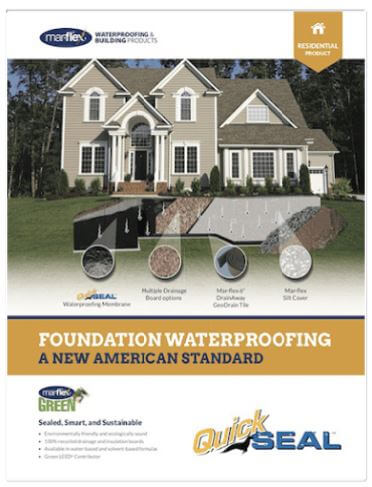As we have discussed elsewhere, mold can be a hidden hazard in any indoor environment. It can cause a wide range of problems. Most often the result of mold in the environment is that one or more people in that space develop mild allergic symptoms.
Mold, however, is frequently blamed for some serious conditions which have led to hospitalization or even death.
Medical evidence and research suggests that these more serious situations are never caused by mold alone. Upon examination, many of these cases were made worse by underlying or pre-existing conditions. People with these conditions, when exposed to mold, can experience a sort of domino effect of symptoms, where one immunological response triggers another.
The “black mold” myth
“Black mold” especially has a bad reputation. It has been blamed for breathing problems, seizures, comas, and even death.
In reality, though, most common molds appear black. And while some molds prompt more allergic reactions in others, the difference usually lies in the person exposed to the mold, and not in the type of mold.
Many people each year are exposed to various types of molds and they experience no ill effects. For some people, however, the reactions can cascade into each other.
Underlying conditions
People with certain underlying conditions are more susceptible to the ill effects of mold. We know that these conditions can be irritated by mold and other allergies, and can trigger reactions that can be, in severe cases, life-threatening.
- When people with asthma are triggered by an allergen like mold, their lungs can quickly become overwhelmed. Mucus in the lungs can block their ability to get enough oxygen to the rest of their body, causing a serious medical condition.
- Auto-immune disorders. People with lupus, rheumatoid arthritis, and psoriasis can find that the mold reaction triggers additional reactions or flare-ups. Often these symptoms are more than just irritating – they are painful, and impair a person’s ability to do work or go about their daily life.
- While age is not necessarily a health “condition”, it is important to note that very young or very old people are more susceptible to harm from the allergic reaction to mold.
Solutions to mold allergies
While a person suffering any of these symptoms could and should treat them with an over-the-counter medication, this is just a short term solution.
The most important thing to do is to locate and get rid of the mold. If you cannot find it and treat it on your own, especially if your exposure is causing a reaction that could hurt your health, contact a mold removal specialist.
